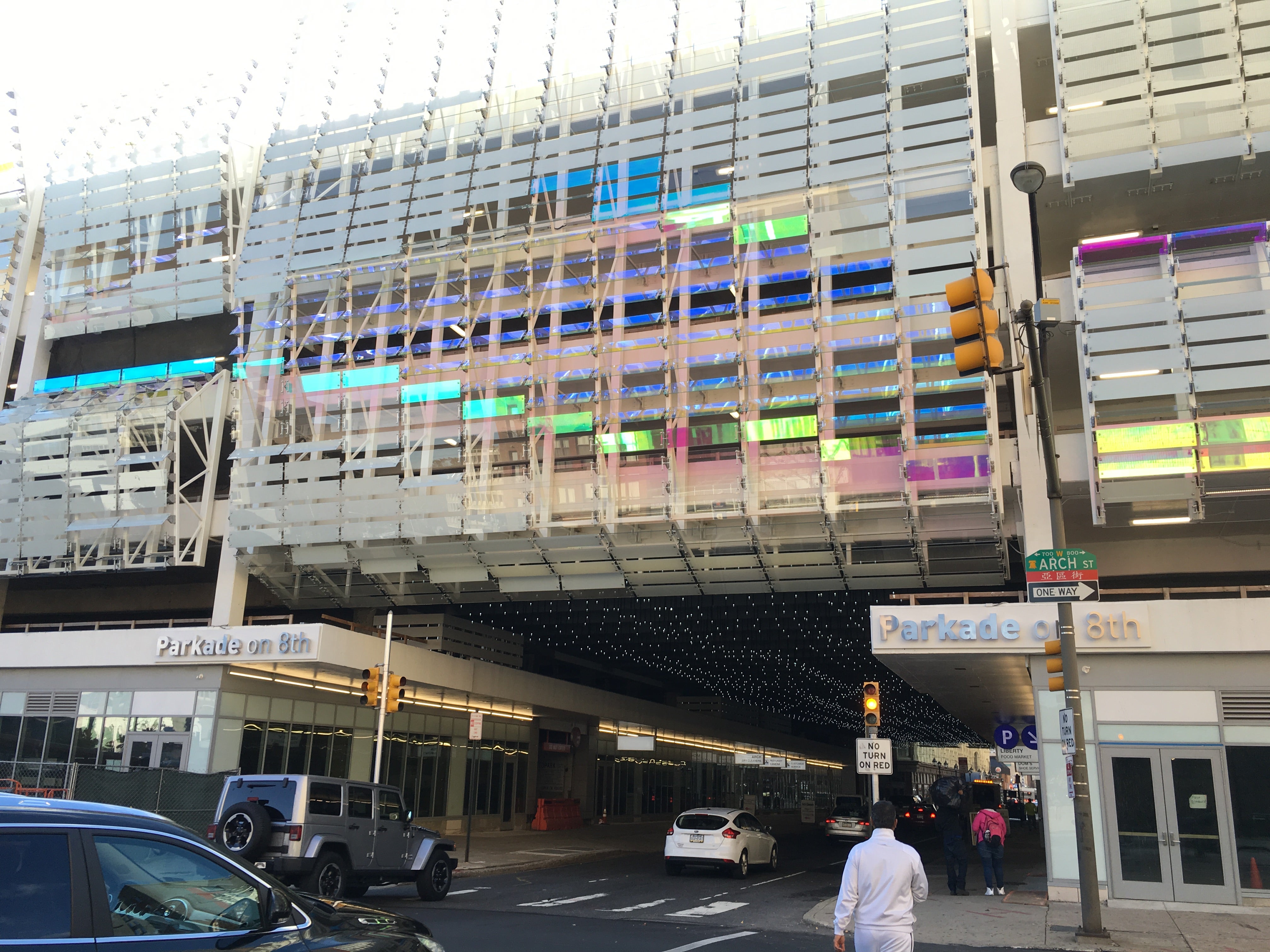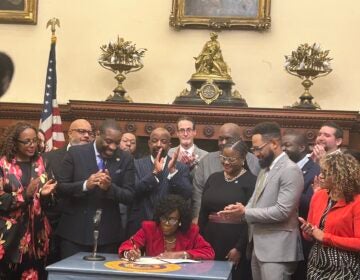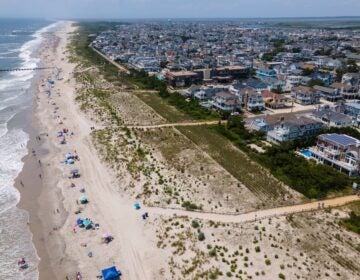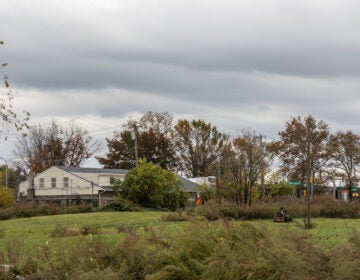March 24: Slow metro growth | Race and park planning | Parking bubble? | Broad & Washington scorecard

The Philadelphia metro area is growing more slowly than other metro areas around the country, the Inquirer reports. The population continues to grow thanks to births and immigration, the metro area is now the 7th largest in the country, down from 4th largest ten years ago. “If current rates continue, Philadelphia is set to drop even further within the next five years, overtaken by Miami and Atlanta.”
Slow growth and deep poverty. After reporting last year that Philadelphia has the highest rate of deep poverty—families living on less than half of what qualifies as a poverty income—the Inquirer is back with a more detailed picture of what that means.
Around the country, mayors see income inequality as a problem that can’t be solved at the municipal level. But it hasn’t stopped them from trying to address it, according to a report in Governing. “Compared to areas like crime or local tax rates, mayors believe income inequality is an area over which they have neither a great deal of control nor a great deal of accountability to constituents. While that might lead us to expect mayors to do less, the survey shows the opposite to be true: Many of America’s mayors are aggressively pursuing a wide variety of policies and tactics that target household financial insecurity and income inequality.”
Houston has embarked on a $166 million bond-funded plan to improve and connect all of the city’s parks. Connecting the parks is a popular initiative, as the city discovered in a survey. But it’s much more popular with white Houstonians who make more than $75,000 a year. Researchers at Rice University conducted a separate survey, which found that less wealthy black and Latino communities have a greater interest in making improvements to park infrastructure like bathrooms and water fountains and upgrading safety features rather than stringing the parks together. CityLab has the story.
Sandy Smith has a scorecard comparing the development proposals on opposite corners of Broad & Washington.
J.J. Tiziou walked the entire perimeter of Philadelphia. “Since we went clockwise, always to our right was Philadelphia and to our left was not-Philadelphia,” he told Newsworks. “So we played the game of ‘Philadelphia-not-Philadelphia.’ In some places, the border was obvious — like a creek. And some places it wasn’t obvious, just like someone had drawn a line on a map.”
City Observatory says it may be time to short the parking market. While Philadelphians operate with a high level of anxiety about parking supply, “There’s a lot of speculation that the advent of self-driving vehicles could create a huge surplus of parking,” writes Joe Cortright. “In Scranton Pennsylvania, a local parking authority issued millions of dollars in bonds backed up by the city’s guarantee of its full faith and credit. When demand for parking slumped, the parking authority could no longer pay debt service, and in 2012 came to the city to make up the shortfall.”
Controlled Demolition, Inc. has its very own video of the implosion of the Blumberg apartments.
WHYY is your source for fact-based, in-depth journalism and information. As a nonprofit organization, we rely on financial support from readers like you. Please give today.






